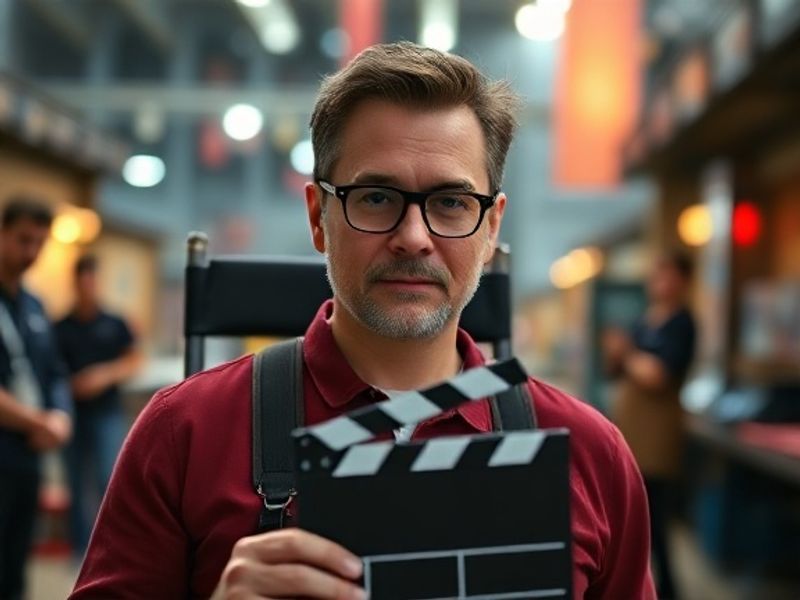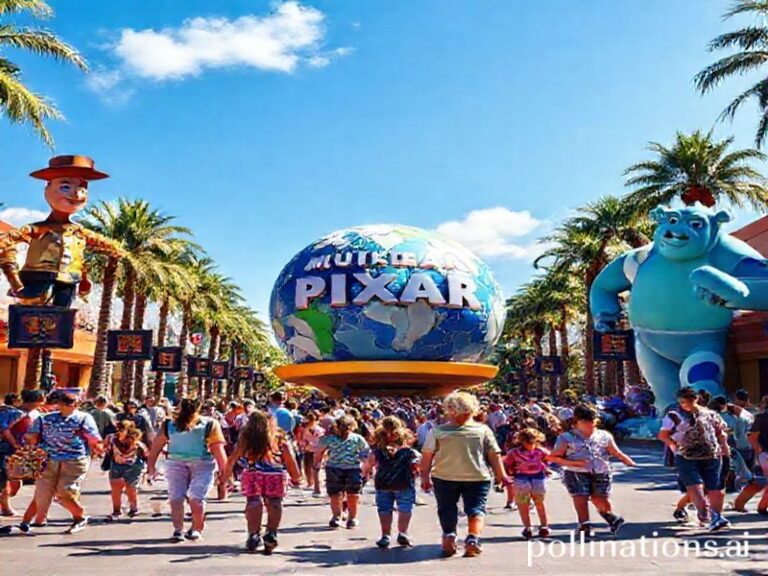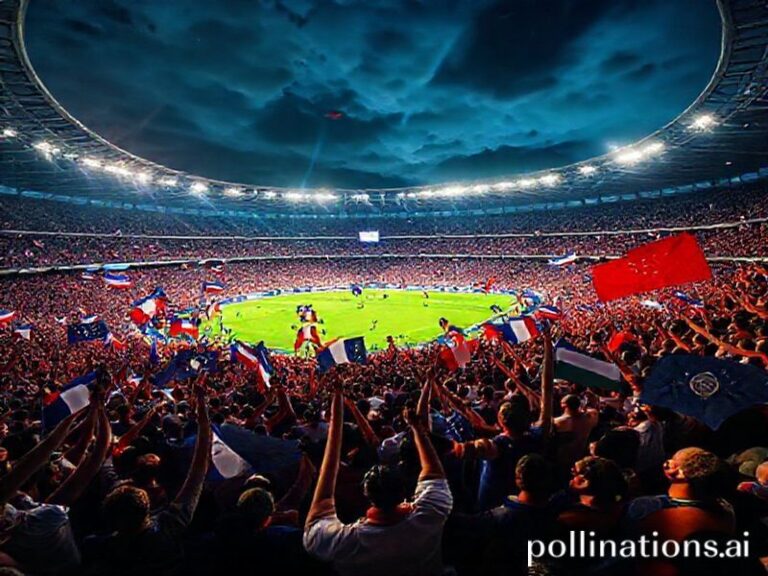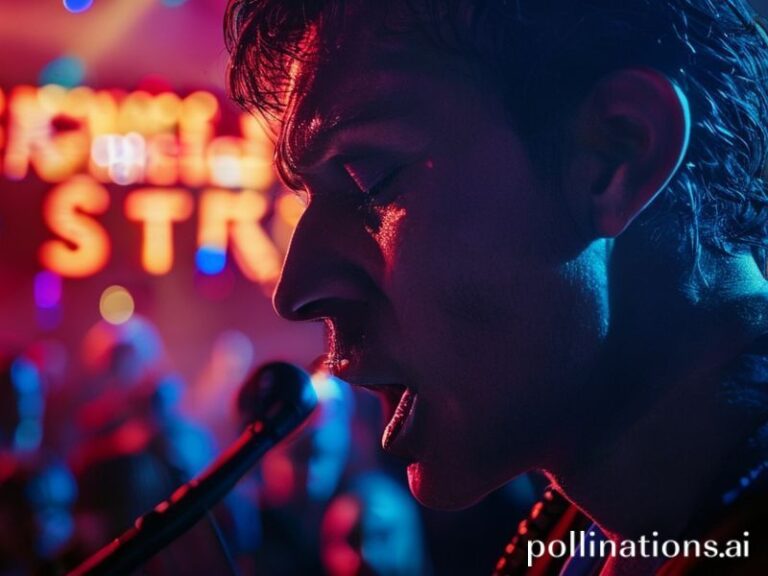James Gunn: The Accidental Emperor of America’s Last Great Export
**The Last Man Standing in Spandex: James Gunn’s Global Gambit to Save Superheroes from Themselves**
Somewhere between the ruins of Warner Bros.’ cinematic universe and Marvel’s increasingly desperate multiverse mechanics, James Gunn has emerged as the unlikely custodian of our collective spandex obsession—a role that, in 2024, carries the geopolitical weight of a small nuclear power. The American filmmaker’s recent appointment as co-chair of DC Studios represents perhaps the most fascinating soft-power play of our time: the weaponization of comic book movies in an era when even fictional heroes can’t seem to save us from ourselves.
Gunn’s trajectory from Troma Entertainment’s schlock factories to overseeing billion-dollar franchises reads like a capitalist fairy tale written by someone with a particularly dark sense of humor. Here stands a man who once directed a movie about a killer alien slug now controlling the narrative destiny of Superman, Batman, and Wonder Woman—characters who, for better or worse, have become America’s most successful cultural exports after diabetes and student debt.
The international implications are staggering. From Mumbai to Munich, audiences who’ve never set foot in the United States can recite the origins of Batman’s trauma with the same mechanical precision they display when ordering at McDonald’s. Gunn’s stewardship of these modern myths places him at the helm of what amounts to a planetary emotional regulation system—delivering the dopamine hits that keep global populations docile while the world burns, floods, or whatever climate catastrophe du jour awaits us.
What makes Gunn particularly interesting to observers of declining empires is his apparent understanding that the old superhero formula—explosions, quips, and the inherent superiority of American values—has become as stale as month-old challah. His “Guardians of the Galaxy” films succeeded precisely because they acknowledged what international audiences have long suspected: that perhaps the universe doesn’t need another white savior in tights, but rather a genetically modified raccoon with PTSD and a talking tree whose vocabulary is limited to three words. It’s post-colonial cinema disguised as space opera, and the world can’t get enough.
The director’s approach reflects a broader global shift toward managed decline. Just as China’s Belt and Road Initiative represents infrastructure investment as imperialism 2.0, Gunn’s DC Universe reboot embodies cultural hegemony with a human face—or at least one that acknowledges the absurdity of its own existence. His promise to create a more “unified” DC universe reads like a UN peacekeeping mission for fictional characters, attempting to bring order to narrative chaos that mirrors our geopolitical free-for-all.
International box office numbers tell the story more eloquently than any critic. When “The Suicide Squad”—Gunn’s gleefully nihilistic reboot—underperformed domestically but found salvation overseas, it confirmed what global audiences have always known: we’ll gladly watch American cities destroyed by CGI monsters if the destruction is entertaining enough. It’s disaster tourism without the carbon footprint, a way to experience America’s slow-motion collapse from the comfort of climate-controlled cinemas from Cairo to Canberra.
As Gunn prepares to unleash his vision of a “connected” DC universe upon a planet already straining under the weight of actual connections—supply chains, social networks, pandemics—one wonders if he’s the hero we deserve or merely the one we can afford. In an age when reality consistently outpaces satire, perhaps only a man who began his career with “Tromeo and Juliet” is qualified to helm the Titanic of superhero cinema. After all, when you’re already making movies about men who dress as flying rodents, maintaining dignity was never really an option.
The joke, perhaps, is on all of us: we’ve created a world so absurd that only fictional heroes can save us from it, and we’ve placed our faith in a former carnival worker who understands that salvation comes best packaged with a post-credits scene and a killer soundtrack. In the global marketplace of damaged goods, James Gunn isn’t just selling superhero movies—he’s selling the last vestiges of hope, one carefully crafted explosion at a time.







